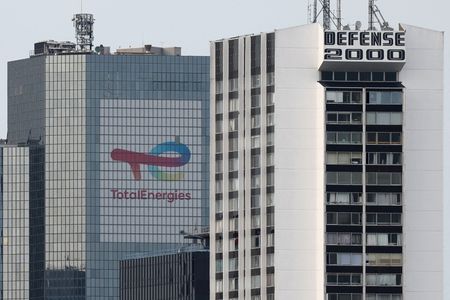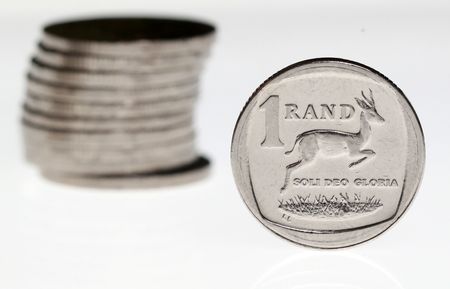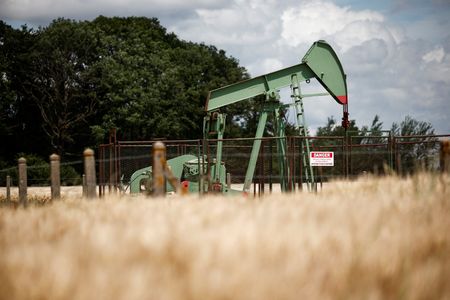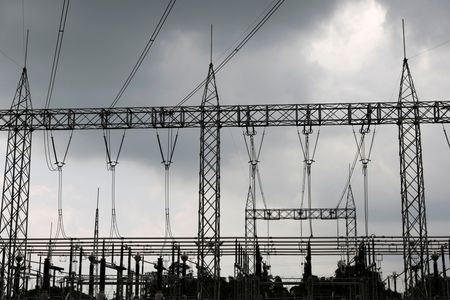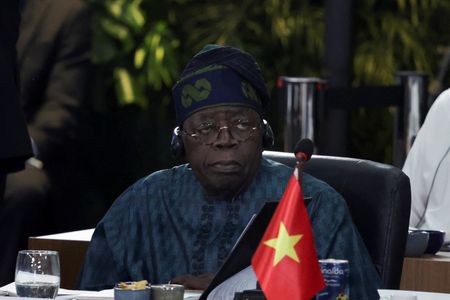MELBOURNE (Reuters) -Australia’s South32 on Thursday flagged a $372 million impairment on its Mozambique aluminium smelter which the miner said it was preparing to mothball as it may not be able to secure affordable power when its supply agreement ends in 2026.
The diversified miner has been in protracted negotiations with Mozambique’s government over a power agreement that is set to expire in March. It warned in July that it may face an impairment at the smelter during fiscal 2025 and was reviewing production after failing to secure affordable power.
“You’ve got to have a business that can make money through the cycle and at least be cash flow positive and give you some return to your shareholders,” CEO Graham Kerr told Reuters.
“The current offer on the table would make us cash flow negative every single month, every single day,” he said.
Given care and maintenance was the most likely scenario, South 32 said in an exchange filing it would curtail activities such as pot relining and would limit further investment in the operations. The company’s shares fell more than 5%.
The miner has since continued engagement with the Mozambique government, hydroelectric producer Hidroeléctrica de Cahora Bassa (HCB) and South African utility Eskom.
Shuttering the smelter is not a done deal, if the two parties can reach agreement on costs.
“We are hopeful a workable solution emerges that enables Mozal to operate beyond March 2026, and maintain its substantial contribution to Mozambique,” Kerr added.
HCB, majority-owned by the Mozambique government, is the primary power supplier to Mozal. When it cannot meet the smelter’s needs, Eskom steps in under the current agreement.
The miner expects its share of Mozal’s output in fiscal 2026 to fall to about 240 kilo tons, compared with 355 kilo tons in 2025.
July was the second time South32 flagged impairments at its Mozal project. In December, nationwide protests in Mozambique disrupted operations and weighed on production.
(Reporting by Rishav Chatterjee in Bengaluru and Melanie Burton in Melbourne; Editing by Alan Barona and Sonali Paul)



